

Hotels

Flights
Porto Santo Weather May

Porto Santo is situated in Mediterranean climate zone that typically has warm or hot summer with mild rains and soft but rainy winter.
To help you choose the best time to travel, you can find climate data below on the weather on Porto Santo in May.
| average daily high | +20.6°C | |
| average daily low | +15.4°C | |
| sea temperature | +18.8°C | |
| daytime | 14.3 h | |
| average monthly precipitation | 14 mm | |
The best weather conditions for the beach leisure on Porto Santo are typically July, August, September, October. Best season with the soft weather for the sightseeing and long walks are March, April, May, June, July, August, September, October, November, December.
Temperature on Porto Santo
In May the average daily maximum on Porto Santo is +20.6°C, and the minimum +15.4°C.
The hottest May day on record is +28°C, and the coldest +11°C.
Most booked hotels on Porto Santo
Best beach resorts in May:

Sharm el Sheikh
Egypt

Hurghada
Egypt

Puerto Vallarta
Mexico
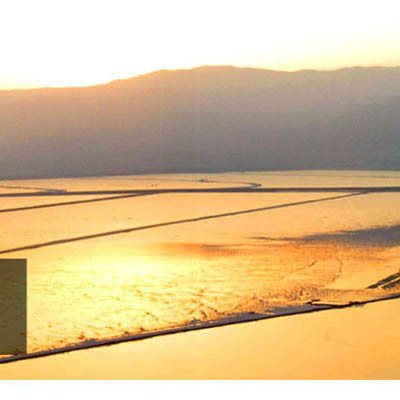
Dead Sea
Israel
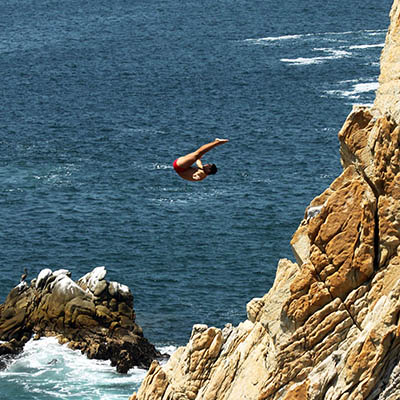
Acapulco
Mexico

Curacao
Lesser Antilles
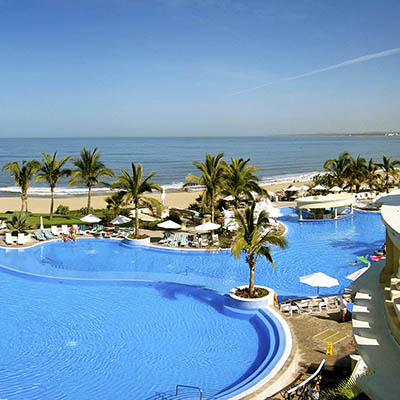
Mazatlan
Mexico

Yucatan Peninsula
Mexico
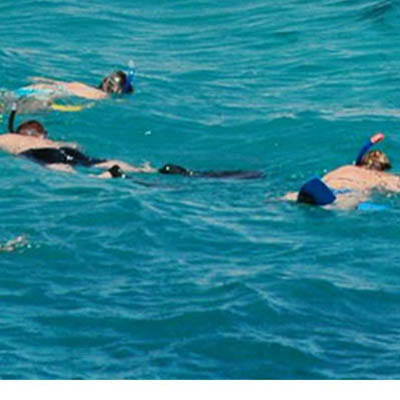
Ras Muhammad
Egypt
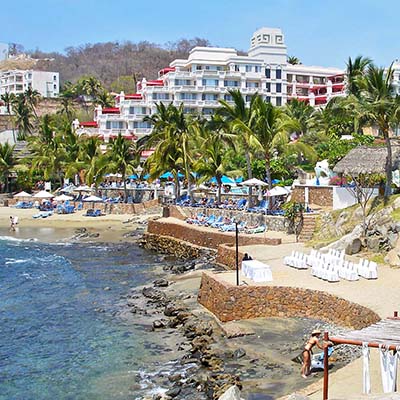
Manzanillo
Mexico

Virgin Islands
Lesser Antilles

Aqaba
Jordan
Daylight hours
There are 14.3 hours of daylight on Porto Santo in May.
Most Popular Destinations in the World
Sea temperature
The average monthly temperature in the Atlantic Ocean on the beaches of Porto Santo Island in May is +18.8°C.
The water is considered very cool, but some hardy people might bathe in it for 10-15 minutes.
Precipitation
The amount of precipitation on Porto Santo in May is usually 14 mm, a negligible amount.
